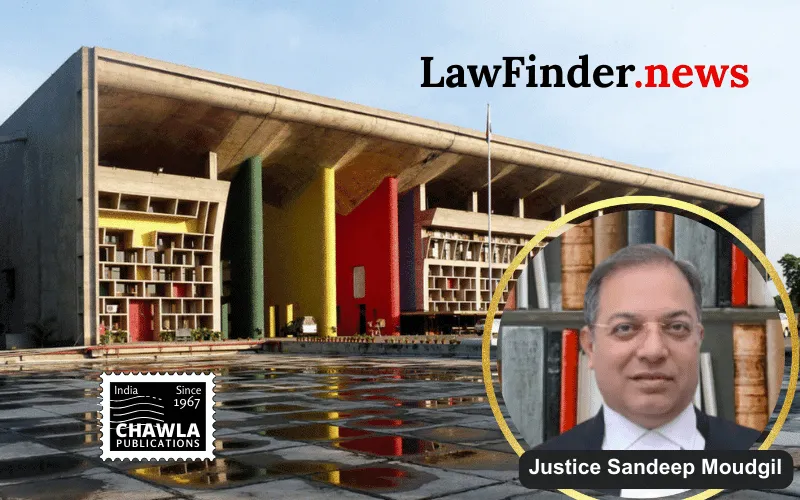Delhi High Court reaffirms the liberal interpretation of "legal heir" under the Consumer Protection Act, allowing a brother to pursue a complaint for medical negligence despite the presence of other Class-I heirs.
New Delhi, September 18, 2025:
In a significant ruling, the Delhi High Court has upheld the right of a brother to file a consumer complaint on behalf of his deceased sibling, citing the liberal interpretation of the term "legal heir" under the Consumer Protection Act, 1986. The judgment, delivered by Justice Manoj Jain, reinforces the inclusive nature of the Act, designed to serve the welfare of consumers and their families.
The case revolves around Dr. Sudhir Kumar Thakur, who filed a complaint against Apollo Gleneagles Hospital and its doctors, alleging medical negligence leading to the death of his brother, Shambhu Nath Thakur, in 2010. Despite objections from the hospital regarding the complainant's locus standi, the court ruled in favor of the brother, allowing him to proceed with the complaint.
The controversy arose over whether a brother could be considered a "legal heir" or "representative" when the deceased's widow and children were alive. The court emphasized that the Consumer Protection Act does not restrict the definition of "legal heir" to rigid classifications such as Class-I or Class-II heirs under the Hindu Succession Act. Justice Jain noted that the Act should be interpreted liberally to accommodate family members who have a legitimate interest in pursuing justice for the deceased.
The judgment also highlighted that the complainant had no personal claim to any compensation awarded, which would instead be directed to the deceased's children, widow, and mother. This stance further solidified the bona fides of the complaint.
In previous proceedings, the National Consumer Disputes Redressal Commission (NCDRC) had already accepted the brother's role as a complainant, especially after the deceased's mother, a Class-I heir, was impleaded as a co-petitioner. The court deemed the hospital's continuous objections as a delaying tactic, underlining that the brother was neither a stranger nor an outsider to the family.
This ruling draws reference from the Supreme Court's decision in Spring Meadows Hospitals v. Harjol Ahluwalia, which supported the filing of complaints by family members. The Delhi High Court's decision underscores the Act's purpose as welfare legislation, aimed at providing redressal mechanisms that are accessible and fair.
The judgment has been hailed as a victory for consumer rights and family members seeking justice in cases of alleged negligence. It also sets a precedent for similar cases, ensuring that legal interpretations align with the Act's welfare objectives.
The court has urged the NCDRC to expedite the disposal of the case, which is at the stage of final arguments, ensuring that justice is not delayed further. The judgment reinforces the notion that family members, irrespective of their hierarchical standing under succession laws, can pursue rightful claims under consumer protection statutes.
Soumya Bhattacharya v. Sudhir Kumar Thakur, (Delhi) : Law Finder Doc Id # 2780861




